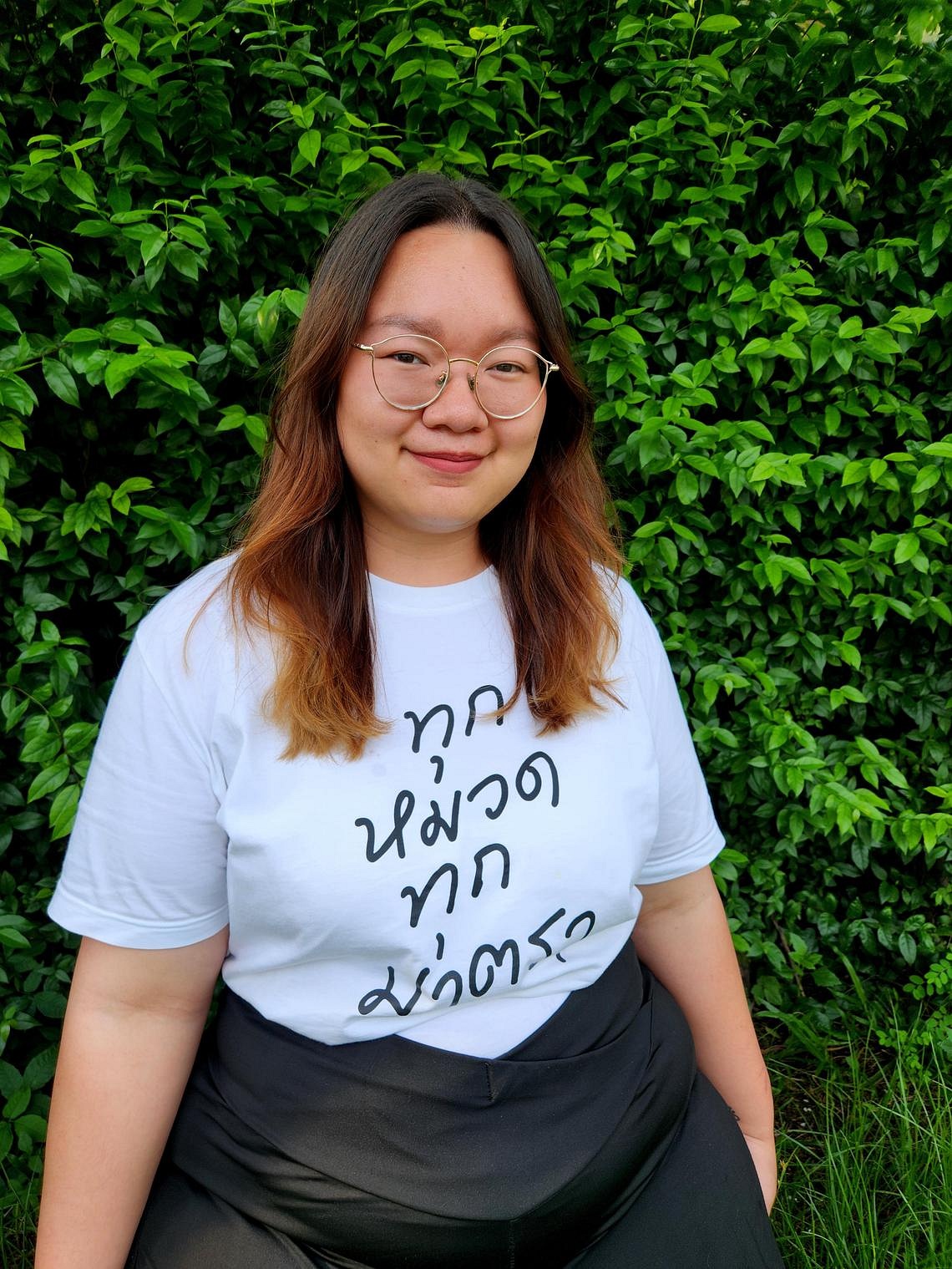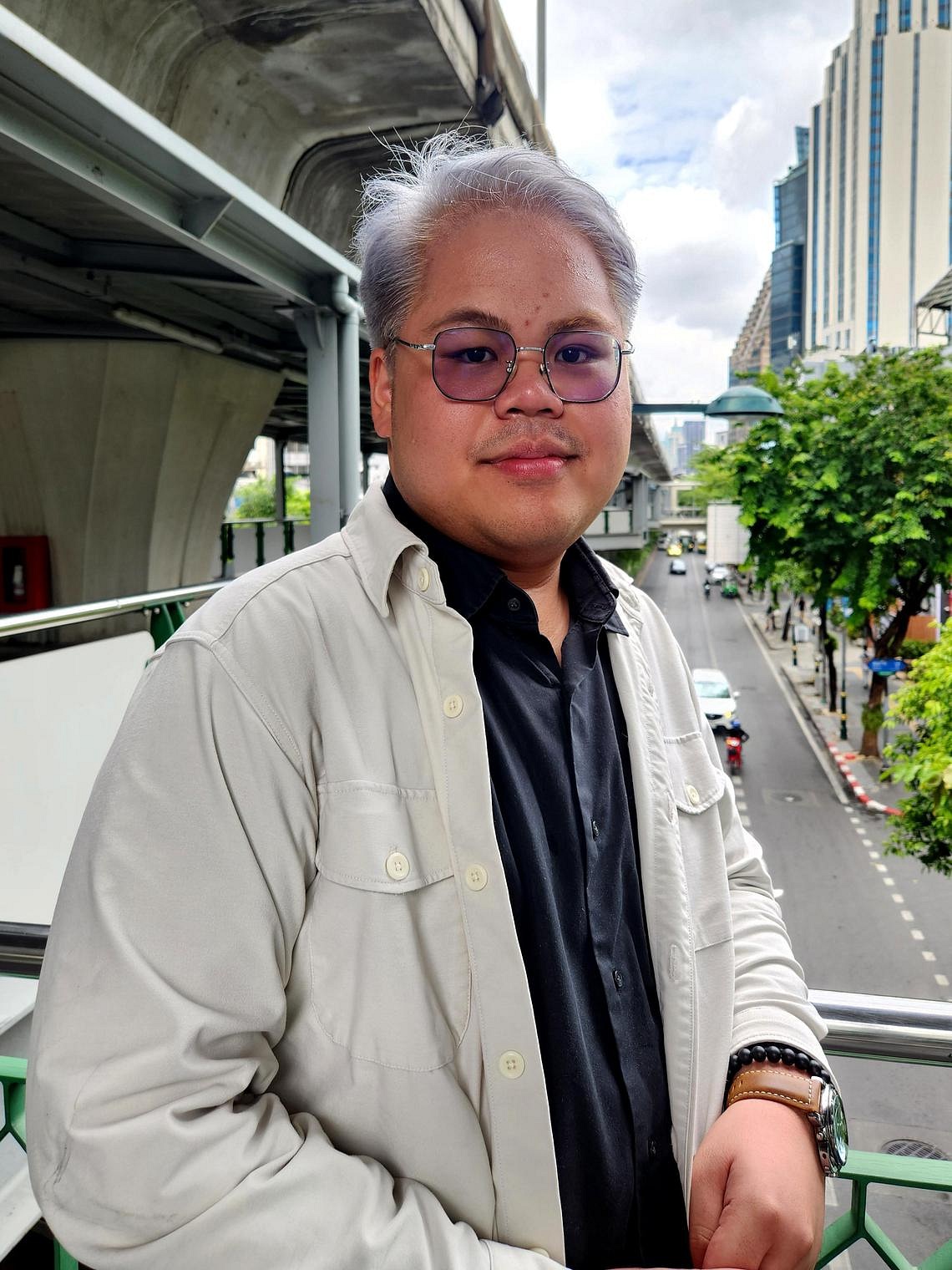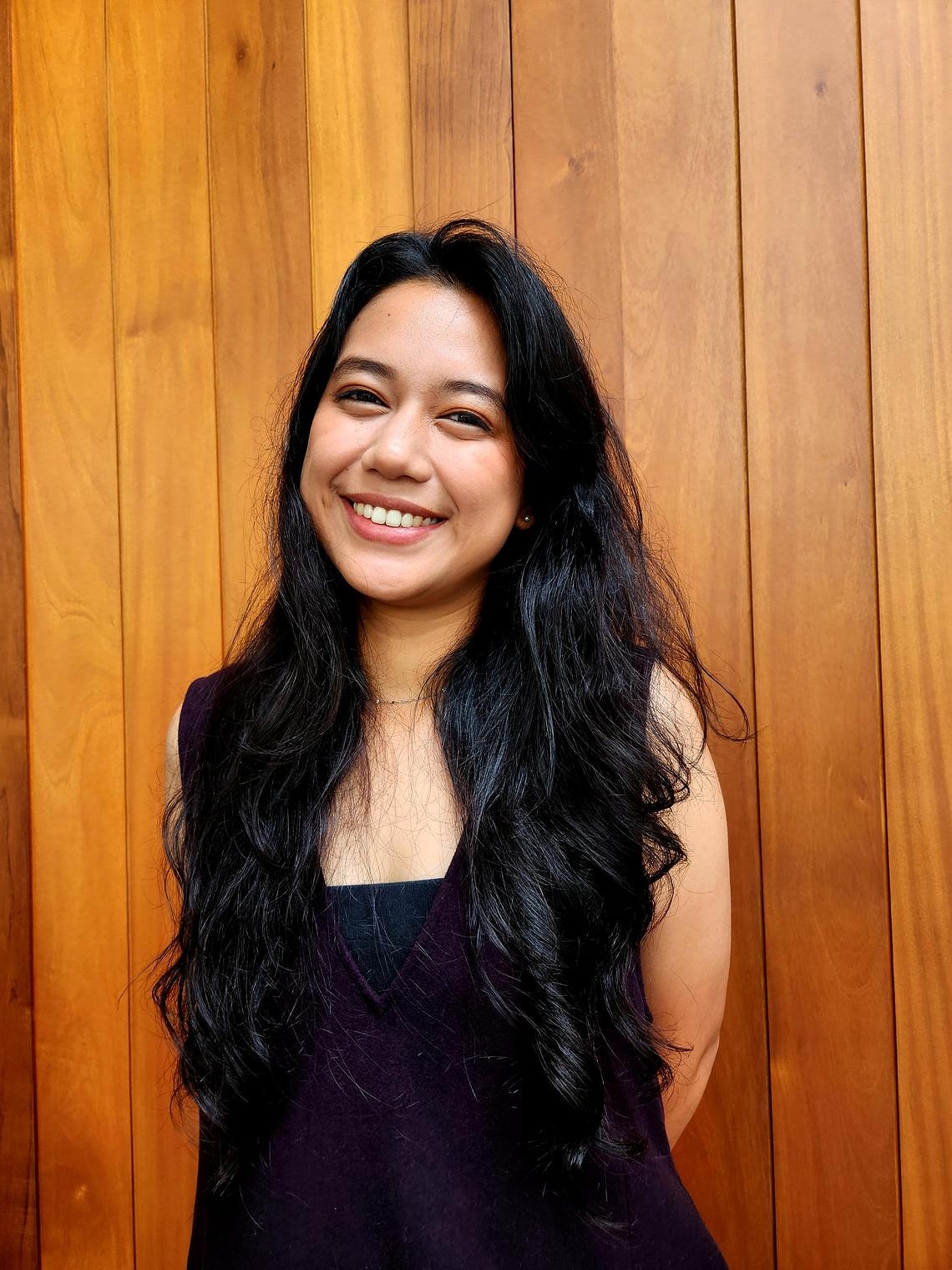Exiled, jailed or silenced: Thailand's youth protest leaders paying the price of activism but most have 'no regrets'


BANGKOK — Benjamaporn Nivas, 19, sells bubble tea in Vancouver while taking adult education classes to make up for her interrupted schooling.
It has been two years since she has seen her friends and family in Thailand, and four years since she co-founded a student group to reform Thai education.
The mass protests she helped to lead eventually challenged the status quo and demanded reform of Thailand's powerful monarchy.
But she paid the price for her activism.
"I never imagined I would end up so far away," she told The Straits Times in a video call from Canada, where she received asylum after fleeing a possible lese majeste conviction in 2022.
"Sometimes I feel sad and miss home. But I am safe. There are things which I had to give up in exchange for that, and it was painful. But I have to keep going."
Four years after student protests first broke out across South-east Asia's second largest economy — challenging the then military-linked government and eminence of King Maha Vajiralongkorn — the young people who drew thousands of protesters onto the streets are grappling with prosecutions that have driven some into exile, others to incarceration and many more to silence.

According to advocacy group Thai Lawyers for Human Rights, more than 1,900 people have been charged — for taking part in public assemblies or expressing their political opinion — since youth protests first broke out in July 2020.
Among them were 272 people charged with lese majeste — an offence that carries a jail term of up to 15 years.
At least 126 of the 155 lese majeste cases known to be concluded so far have resulted in jail sentences. Prominent protest leader and activist lawyer Arnon Nampa, 40, is serving 14 years in prison for the royal insult cases against him concluded so far.
Arnon was the first activist at the protests to call for discussion about the King, who controls his own military units as well as billions of dollars of assets he took over from the Crown Property Bureau, an agency which managed assets on behalf of the palace.
For lese majeste defendants yet to be convicted, pre-trial detention in prison is common. Democracy activist Netiporn Sanesangkhom, who was facing lese majeste and other charges, died in detention in May at the age of 28, after a months-long hunger strike to protest against the justice system.
Some youth leaders have decided to skip town. Fugitive activist Panupong Jadnok, 27, reportedly arrived in New Zealand in August after missing a lese majeste-related court date months earlier. Parit Chiwarak, a 26-year-old student leader who goes by the nickname of Penguin, was saddled with 25 royal defamation cases when he skipped a court hearing in June. He is presumed to have fled Thailand.
Youth protest leaders who remain in Thailand say they are forced to structure their lives around a revolving door of court appointments and make peace with the ever-present possibility of losing their freedom.
Panusaya Sithijirawattanakul, 25, is trying to cram studies for a master's degree in human rights with attending court hearings for the 31 cases filed against her. Nine of them involve alleged lese majeste.

Rung, as she is known among friends, stunned the Thai public in August 2020 when she read out a list of 10 demands for monarchy reform before thousands of protesters just outside Bangkok.
Among other things, it called for the monarch to be stripped of legal immunity and the royal budget to be reduced in line with economic conditions. It also demanded that the lese majeste law be abolished.
Then a sociology and anthropology undergraduate at Thammasat University in Pathum Thani province, Rung went on stage to speak at many other protests as part of a group called the United Front of Thammasat and Demonstration.
But the resulting state surveillance, prosecution and body-shaming online attacks by conservatives left her "stressed and anxious", she told ST.
"I am still an activist and human rights defender," she said in an interview near her home in Nonthaburi province. "With the time that I have left, I will use it to study human rights and democratisation. If I am sent to jail, I would have some knowledge or skills that can protect other inmates in prison."
Other youth leaders — spooked by state pressure on them and their relatives — have sworn off demonstrations.
Bunkueanun Paothong, a 25-year-old international relations undergraduate at Mahidol University, told ST: "A lot of protest leaders paid a price. I am no different. Even though I hate to admit it as much, I believe that now it's not a price I can pay any more."
He is instead focusing on his work in the Mahidol University student council, of which he is a member.
He recalled "almost" losing his sanity after being constantly tailed by people he identified as police officers.

"I lost the ability to confidently walk and do things without being surveilled all the time," he said.
New political developments have drawn public attention away from these youth leaders.
The street protests eased as Thailand emerged from the Covid-19 pandemic and held a general election in May 2023.
Coup leader and then prime minister Prayut Chan-o-cha — a major source of public ire — was relegated to political obscurity after a disastrous showing by his political party in the 2023 general election. He is now a privy councillor.
Many people who took to the streets in 2020 to call for reforms later pinned their hopes on the progressive Move Forward Party, which won the 2023 election but was blocked by royalist factions in Parliament from forming a government.
The Constitutional Court deemed that Move Forward's campaign to amend the lese majeste law was illegal — and dissolved the party on those grounds. This pushed the possibility of amending the draconian law even further back.
Meanwhile, election runner-up Pheu Thai Party has joined hands with parties across the political spectrum to form two coalition governments so far.
While the current government is helmed by 38-year-old Prime Minister Paetongtarn Shinawatra, it is thought to be controlled by her father Thaksin Shinawatra.
Thaksin, himself a former prime minister, spent 15 years in self-exile to evade graft-related charges but returned to Thailand in 2023 through what was seen as a political deal for lenient treatment. Tellingly, he prostrated himself before a picture of the King and Queen as soon as he returned.
Still, while fading from public consciousness, the youth protesters have left an indelible mark on Thai politics.
"The main legacy of the youth movement is their contribution to the ideological shift in Thailand," said Dr Janjira Sombatpoonsiri, a Bangkok-based research fellow at the German Institute for Global and Area Studies. "The popular mood back then — right in the middle of the pandemic — was a questioning of the status quo. There was real resentment against injustice and elite privileges.
"The movement voiced this in public, and it started the conversation about key institutions that undergird the status quo."
She added: "Now that cannot be undone, regardless of the repression of the movement and the fact that there is currently no mass mobilisation against the elite."
Some youth leaders say they can afford to wait.
Patsaravalee Tanakitvibulpon, 29, is fighting 15 protest-related charges — including three involving lese majeste. She has focused on campaigning work related to resources like land and water, which she feels are closely tied to Thailand's power structure.
"I am still fighting, but the method that I have chosen is appropriate for the current circumstances," she told ST. "Discussions about the monarchy are still taking place online even though there is no protest."

While there have been efforts to introduce an amnesty Bill for victims of political prosecution, individuals accused of lese majeste are unlikely to get a reprieve under this move, said Dr Janjira, who is a member of a parliamentary committee looking into this.
This is because there is not enough support among legislators or even the public for amnesty on this controversial issue.
Despite the threat of jail, Rung is optimistic about political change in Thailand, simply because the biggest defenders of the status quo belong to the older generation.
"They are older than us. They will die before us," she said matter-of-factly. "If we can maintain the idea of change, the idea of democracy, the idea of equality within our generation and the generation after us, maybe one day Thailand will become more diverse and more equitable."
Benjamaporn, meanwhile, has no regrets despite being driven into exile.
"The Thai education system has gradually changed and students have become braver and more aware of their rights," she said. "I am proud of what I had done. Even if I could turn back the clock, I still would have done what I did."
This article was first published in The Straits Times. Permission required for reproduction.